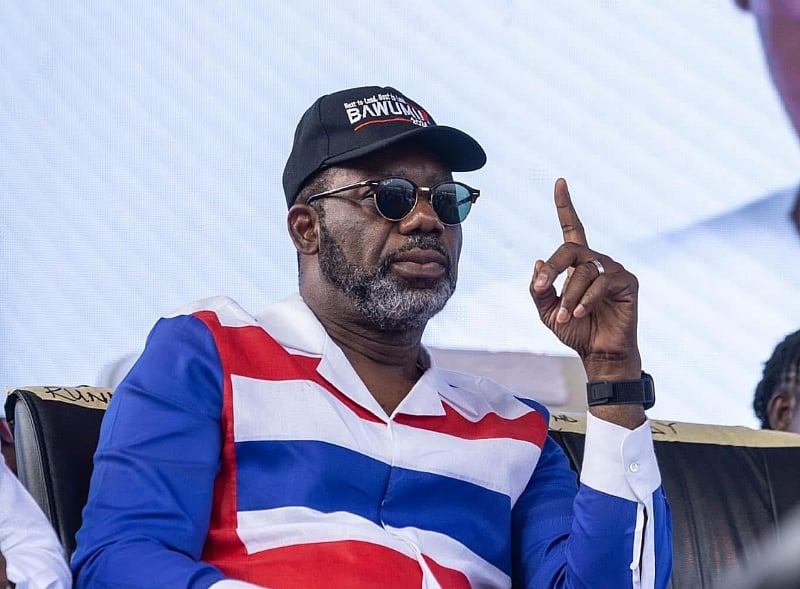Dr. Matthew Opoku Prempeh (NAPO), the 2024 running mate of the New Patriotic Party (NPP), has emphasized the significant impact of the party’s governance on Ghana, asserting that citizens are already experiencing the void left by the NPP just four months after the National Democratic Congress (NDC) assumed power in January 2025. He stressed the importance of party unity as the cornerstone of their strategy to recapture power in the 2028 elections, arguing that internal divisions pose the greatest threat to their success, outweighing even the strength of their chosen flagbearer. His remarks underscore the NPP’s recognition of the current political landscape and the need for a cohesive internal front to regain public trust and support.
NAPO’s assertion that Ghanaians feel the absence of the NPP suggests a perceived decline in governance or a contrast between the NPP’s perceived performance and the NDC’s current administration. This claim serves as a rallying cry for the NPP base, appealing to a sense of nostalgia for their time in power and framing the current situation as a consequence of the change in leadership. This narrative seeks to establish the NPP as the more competent and effective governing party, positioning them as the solution to the perceived problems created by the NDC.
The focus on unity reflects a conscious effort within the NPP to avoid internal strife that could undermine their electoral prospects. NAPO’s cautionary message highlights the potential dangers of factionalism and emphasizes the importance of a collective effort to regain power. This call for unity is directed at all levels of the party, from the grassroots to the top leadership, underscoring the need for a cohesive and disciplined approach to the 2028 elections. By prioritizing internal cohesion, the NPP aims to present a united front to the electorate and avoid the perception of disarray that could erode public confidence.
The meeting between NAPO and the NPP’s Bono East Regional Chairman and constituency chairmen served as a platform to reinforce the message of unity and express gratitude for their continued support. This outreach demonstrates NAPO’s commitment to engaging with the party’s regional and local structures, emphasizing the importance of grassroots mobilization and a bottom-up approach to rebuilding momentum for the next election cycle. By directly addressing these key figures, NAPO aims to solidify support and ensure a coordinated effort across the party ranks.
NAPO’s message resonates with the broader political context of Ghana, where power often shifts between the NPP and the NDC. His emphasis on the NPP’s previous impact and the need for unity underscores the party’s determination to recapture the presidency in 2028. By portraying the NPP as a unified force dedicated to addressing the nation’s challenges, NAPO aims to position the party as the viable alternative to the current administration.
In essence, NAPO’s pronouncements serve a dual purpose: to bolster internal morale within the NPP by emphasizing their past achievements and the importance of unity, and to project an image of strength and competence to the wider Ghanaian electorate. This strategy aims to capitalize on any perceived shortcomings of the current government and position the NPP as the party best equipped to lead Ghana forward. By highlighting the potential consequences of internal division and emphasizing the need for a cohesive approach, NAPO seeks to rally the party behind a common goal: regaining power in 2028. His outreach to regional and constituency leaders signifies a commitment to grassroots engagement and building a strong foundation for the future. This proactive approach reflects the NPP’s understanding of the challenges ahead and their determination to reclaim their position as the ruling party.


